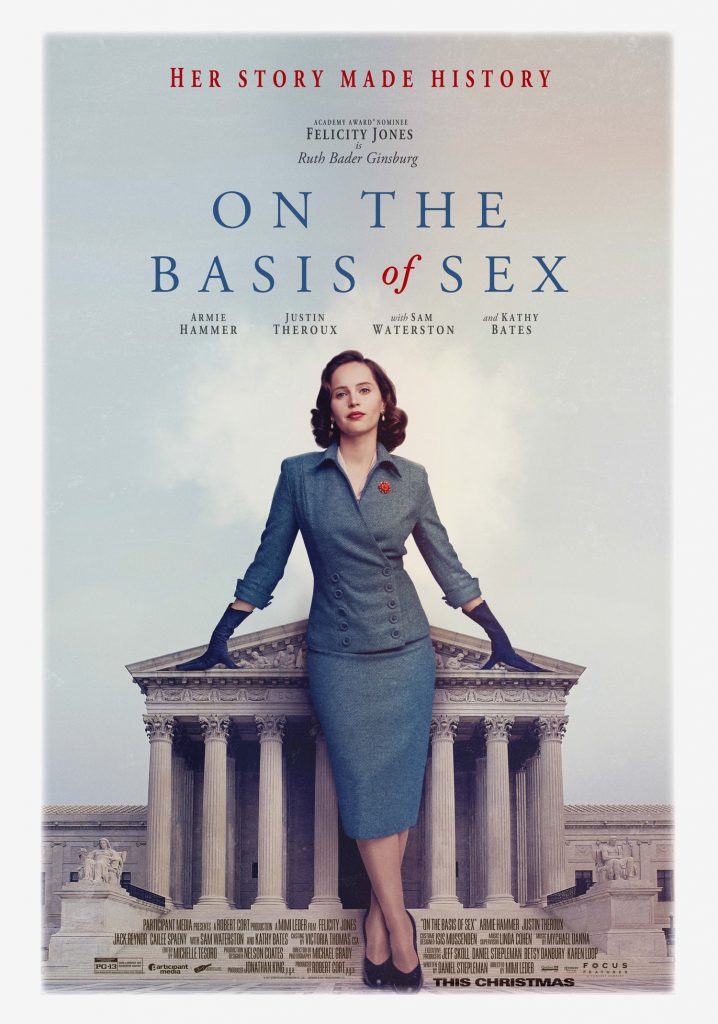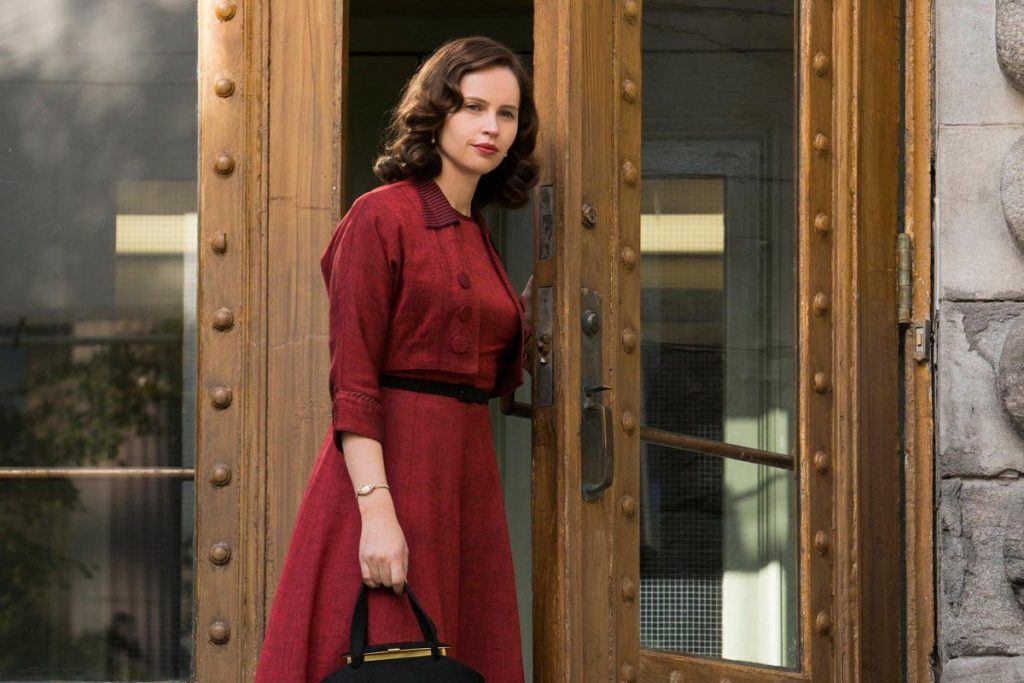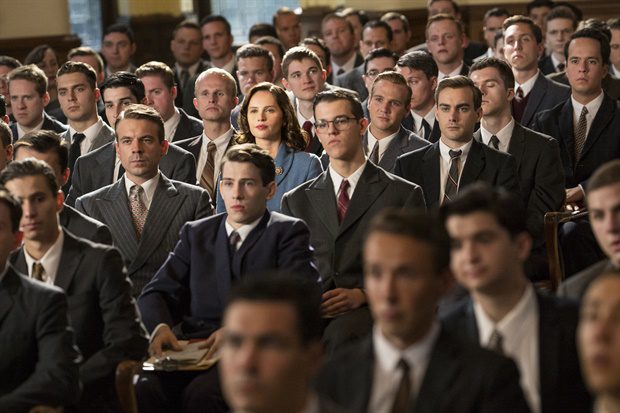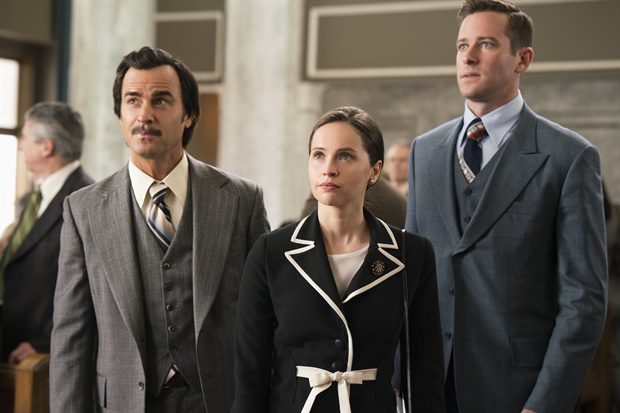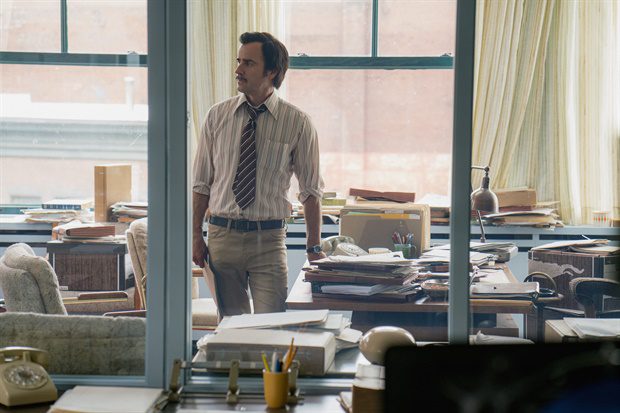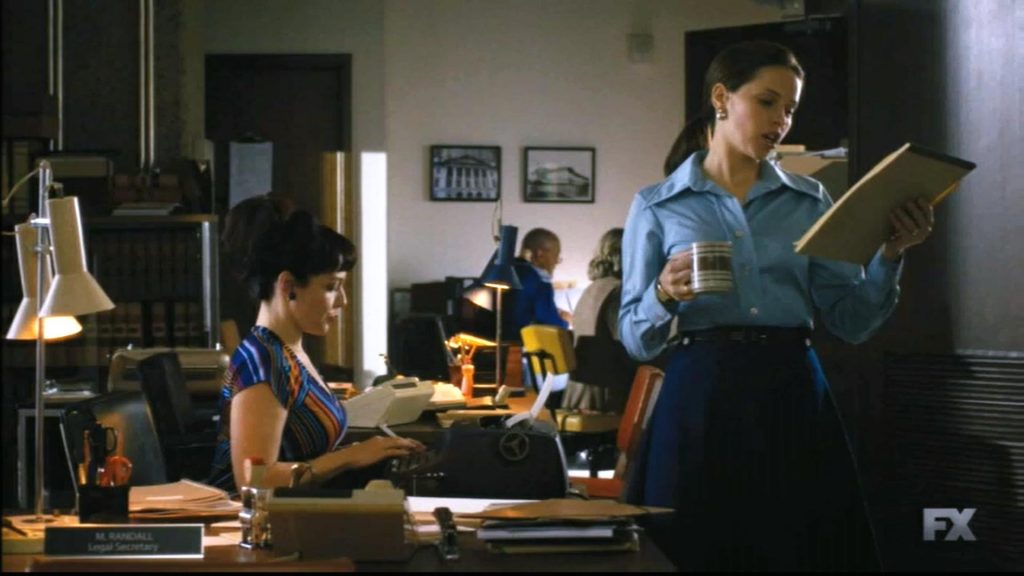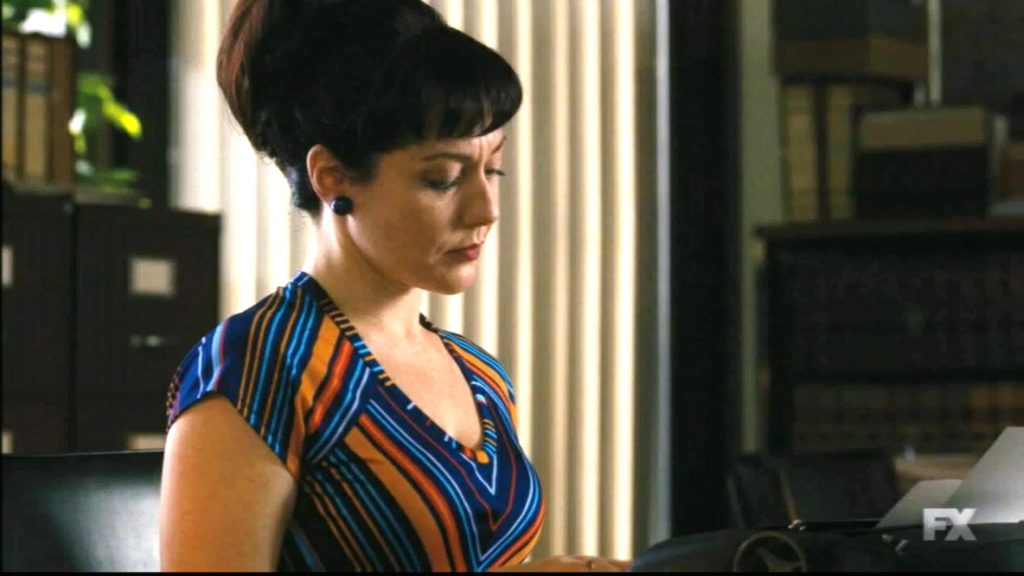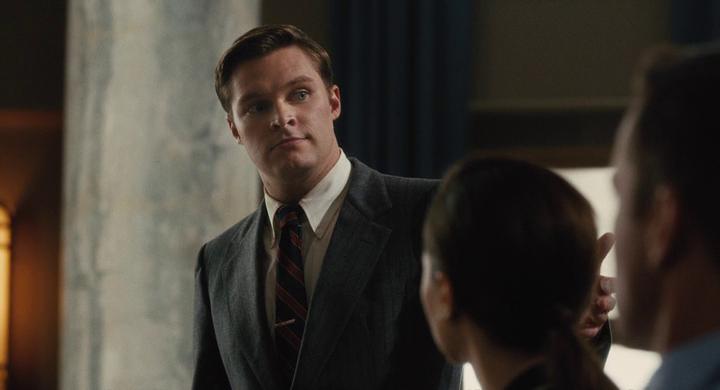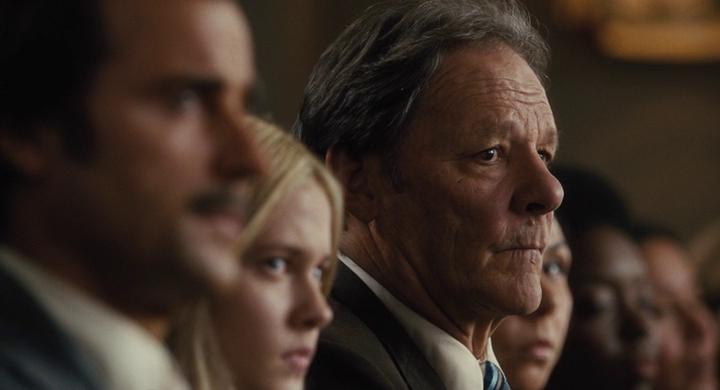
View box office forecast and results and data from online trends
View General Movie information including synopsis, ratings and a gallery of images and videos
On the Basis of Sex
Focus Features- 2019
- PG-13
- 2h
- Biography, Drama
The true story of Ruth Bader Ginsburg, her struggles for equal rights, and the early cases of a historic career that lead to her nomination and confirmation as U.S. Supreme Court Associate Justice.
Dec 25, 2018 | Theatrical Wide (1,957 locations)
Other Key Dates
Feb 19, 2019 (Spain premiere (Spain))
Dec 7, 2020 (TV premiere (Bulgaria))
Box Office
Results
$1,609,454
$24,704,837
$14,051,063
$38,756,956
Director & Top Cast
Technical Specifications
Sound Mix: Dolby Digital
Aspect Ratio: 1.85 : 1
Other Details
Country of Origin: United States
Summaries
Plot Summary
In 1956 Ruth Bader Ginsburg (Felicity Jones) is a first-year student at Harvard Law School. When her husband Martin (Armie Hammer), a second-year student, falls ill with cancer, she attends both her classes and his, taking notes and transcribing lectures while caring for Martin and their infant daughter Jane (Cailee Spaeny). Two years later Martin, his cancer in remission, is hired by a firm in New York. Ruth petitions Harvard Law School Dean Griswold (Sam Waterston) to allow her to finish her Harvard law degree with classes at Columbia Law School in New York, but he insists on following Harvard University policies at the time and denies her request, so she transfers to Columbia. In spite of graduating at the top of her class, she is unable to find a position with a law firm because none of the firms she applies to want to hire a woman. She takes a job as a professor at Rutgers Law School, teaching “Sex Discrimination and the Law”.In 1970, Martin brings Moritz v. Commissioner, a tax law case to Ruth’s attention. Charles Moritz (Chris Mulkey) is a man from Denver who had to hire a nurse to help him care for his aging mother so he could continue to work. Moritz was denied a tax deduction for the nursing care because at the time Section 214 of the Internal Revenue Code specifically limited the deduction to “a woman, a widower or divorcee, or a husband whose wife is incapacitated or institutionalized”.The court ruled that Moritz, a man who had never married, did not qualify for the deduction. Ruth sees in this case an opportunity to begin to challenge the many laws enacted over the years that assume that men will work to provide for the family, and women will stay home and take care of the husband and children. She believes that if she could set a precedent ruling that a man was unfairly discriminated against on the basis of sex, that precedent could be cited in cases challenging laws that discriminate against women-and she believes that an appellate court composed entirely of male judges would find it easier to identify with a male appellant.Ruth meets with Mel Wulf (Justin Theroux) of the ACLU to try to enlist their help, but he turns her down. She also meets with activist and civil rights advocate Dorothy Kenyon (Kathy Bates), who is cold to the idea at first but later meets with Wulf in his office and convinces him to sign on. Ruth then flies to Denver to meet with Moritz, who agrees to let the Ginsburgs and ACLU represent him pro Bono after Ruth convinces him that millions of people could potentially benefit. The Ginsburgs and Wulf file an appeal of Moritz’s denial with the Tenth Circuit Court of Appeals.Department of Justice Attorney James H. Bozarth (Jack Reynor) asks to be the lead counsel for the defense. He does a computer search to find all of the sections of the US Code that deal with gender. His defense will contend that, if section 214 is ruled unconstitutional, that will open the door to challenge all of America’s gender-based laws. Ruth, having no courtroom experience, does poorly in a moot court (organized at her house to help her practice), and Wulf convinces her to let Martin lead off arguing the tax law, with Ruth following up with equal protection arguments.The government offers Moritz a settlement of one dollar. Ruth makes a counter-proposal: the government will pay Moritz the sum he claimed as a deduction and make a declaration that he did nothing wrong, and also enter into the record that the gender-based portion of section 214 is unconstitutional. The government declines this proposal because of the constitutionality element. At the oral argument in the Court of Appeals, Martin takes more of their side’s allotted time than he had intended. Ruth is nervous but makes several key points and reserves four minutes of her time for rebuttal.Bozarth frames his side’s argument as defending the American way of life, implying that the Ginsburgs and ACLU want “radical social change” and maybe Moritz “just doesn’t want to pay his taxes”. In her rebuttal, Ruth is much more confident. She states that societal roles that existed one hundred years ago, or even twenty years ago, no longer apply. She does not ask the court to change society, but to keep the law up with social change that has already taken place. To a judge’s objection that the Constitution does not contain the word “woman”, she responds vigorously that neither does it contain the word “freedom”.Outside the courthouse, judgment being reserved, Wulf, Moritz and the Ginsburgs celebrate that, win or lose, Ruth has finally found her voice as a lawyer. Titles over the closing scene indicate that the Court of Appeals found unanimously in Moritz’s favor. Ruth went on to co-found the Women’s Rights Project at the ACLU, which struck down many of the gender-based laws Bozarth identified, and in 1993 the Senate voted 96 to 3 for her to become an associate justice of the United States Supreme Court. The final scene shows the real-life Ginsburg walking up the steps of the Supreme Court building.
Storyline
Ruth Bader Ginsburg , her struggles for equal rights, and the early cases of a historic career that lead to her nomination and confirmation as U.S. Supreme Court Associate Justice. Docudrama focusing on two periods of the young adult life of future US Supreme Court Justice Ruth Bader Ginsburg . The first time period is the late 1950s in her stint as a student at Harvard Law School, her class only the sixth after women were admitted to the school and including only nine females. Dean Erwin Griswold makes known in veiled terms to those nine that he would prefer if it was still an all male institution. As such, Ruth knows that she has to work twice as hard as any male student to make herself known, which is made all the more difficult with unexpected issues at home with her fellow Harvard Law School student husband, Martin D. Ginsburg . The second time period is in the early 1970s. Despite wanting to get a job as a trial lawyer at a law firm, no such firm would hire her solely because she is a woman, and despite she finishing at the top of her class. Instead, she is teaching law at Rutgers specializing in sex discrimination in the law, this chosen specialization arguably as she has faced inherent sex discrimination in her chosen career and that she wants to inspire future generations of women to achieve what she has been unable to do herself because of that discrimination. Things change when Marty, now an esteemed tax lawyer, brings to her a case that he feels could change the face of her work, a tax case in which, solely because of the law, there is reverse discrimination, namely against a male, the two who decide to work on the case together, he from the tax side, she from the sex discrimination side. She is eventually able to convince her old friend Mel Wulf at the American Civil Liberties Union (ACLU) to provide the organization’s official support. Ruth and Marty are told in no uncertain terms that in the strong possibility that they lose, the result could irrevocably set their careers back. Winning is made all the more difficult in they having to work within the structure that supports that sex discrimination as “that’s the way it’s always been done”, and as Ruth has no trial experience, she who can come across as a bitter woman who the world has wronged. — Huggo

